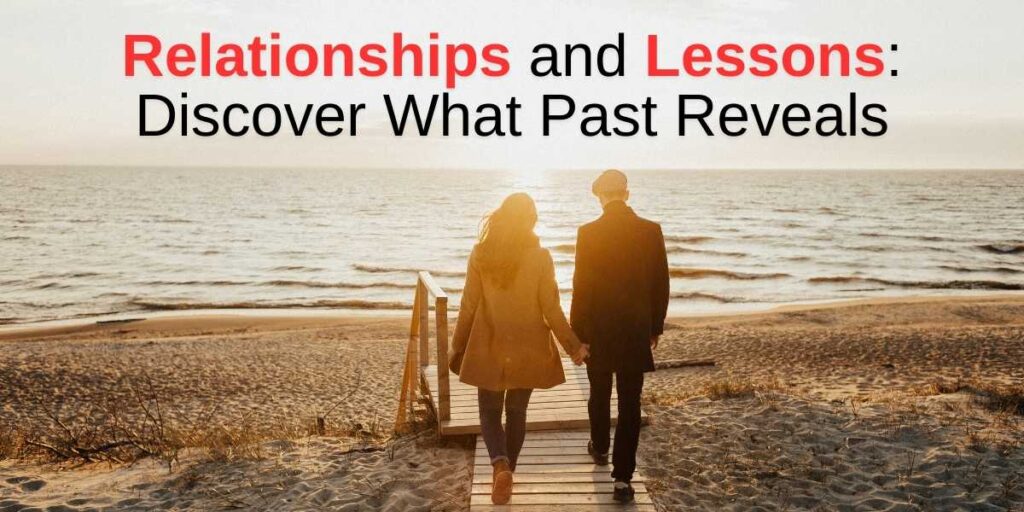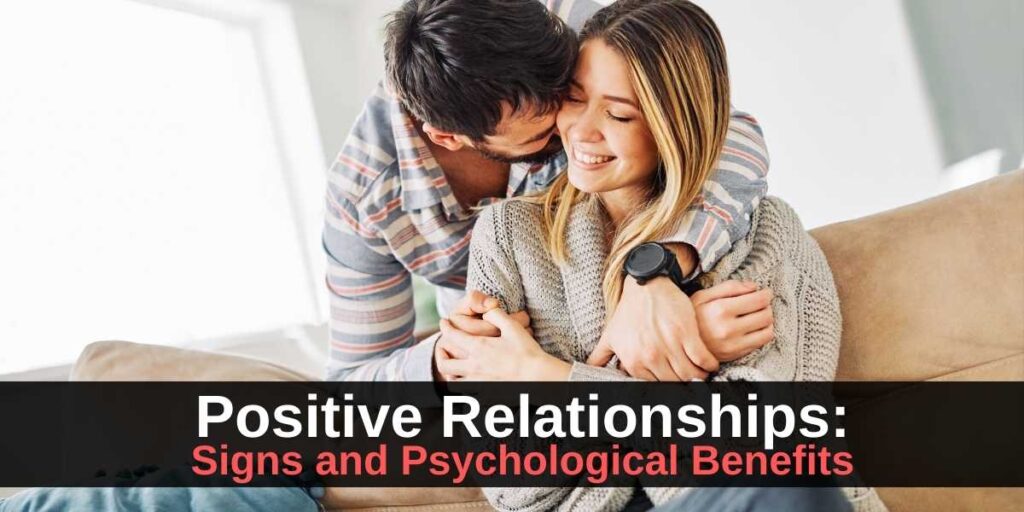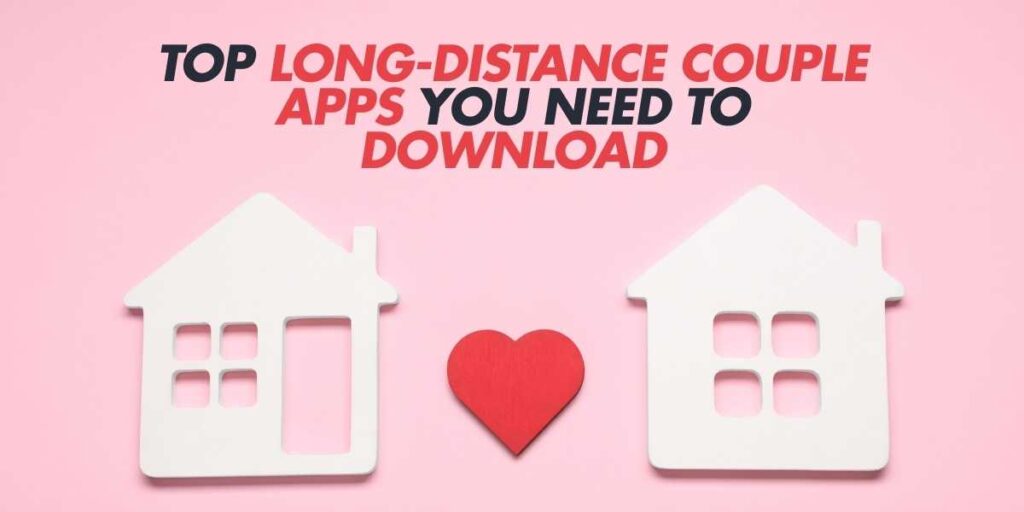Understanding exclusive dating and committed relationships can be confusing, but don’t worry, you’re not alone. While both involve a level of commitment to another person, there are significant differences between the two. Knowing these differences can help you determine the path that best suits your current needs and aspirations.
What is Exclusive Dating?
Exclusive dating is a stage where two people agree to date only each other. However, this arrangement falls short of a full-blown relationship status. While exclusive dating emphasizes a monogamous arrangement, it often lacks the long-term plans and commitments seen in defined relationships. In essence, partners get to know each other at a more intimate level, free from the social ties that a committed relationship typically entails.
Why Choose Exclusive Dating?
In today’s fast-paced world, exclusive dating offers a middle ground between casual flings and serious relationships. Many find comfort in its balance of commitment and freedom. It allows partners to explore emotional and physical compatibility without the pressures of labeling their dynamic as a ‘relationship.’ Moreover, it provides an unrestricted environment to understand each other’s values, habits, and compatibility.
Exclusive Dating vs. Relationship: 9 Differences
1. Definition and Understanding
Exclusive dating involves committing to date just one person, yet without the broader social acknowledgment or title of a relationship. This stage prioritizes mutual respect and attention between partners while avoiding potential distractions from other suitors. A relationship, however, requires a deeper emotional bond and is publicly acknowledged both socially and personally.
2. Duration and Timing
Exclusive dating tends to be a temporary stage—a precursor to a more committed partnership. It allows individuals to test the waters without diving into a relationship. On the other hand, a relationship is usually an indication of a long-term commitment, often with the intention of creating a shared future together.
3. Future Planning
While exclusive daters may plan romantic dates or spontaneous getaways, discussions about long-term future—such as living together or financial planning—remain off the table. Relationship partners, however, engage in discussions about future aspirations and often involve family or financial decisions in their plans.
4. Social Recognition
Exclusive dating tends to remain more private. While some friends or family might notice you spending time with someone specific, it doesn’t usually get the formal acknowledgment that a relationship does. Relationships are typically recognized by a wider social circle, including friends and family, who acknowledge and support the union.
5. Conflict Resolution
Disagreements during exclusive dating might lead to reevaluating the arrangement, as the pressure of resolving conflict can often push uncertain partners to part ways. In relationships, partners are more inclined to work through issues, seeking solutions and compromises to maintain the longevity of their partnership.
6. Emotional Investment
Though exclusive dating involves emotions, the depth and attachment are often lesser compared to relationships. In committed relationships, partners share greater emotional intimacy and vulnerability, often discussing dreams, fears, and supporting each other’s personal growth.
7. Communication Levels
Effective communication is important at any stage, yet exclusive dating might restrict deeper conversations about sensitive subjects, which are common and essential in relationships. Relationship partners discuss everything from trivial daily activities to serious life goals, enhancing their bond and understanding.
8. Levels of Intimacy
Intimacy grows with time and trust. In exclusive dating, intimacy develops as partners spend time together, yet it often doesn’t reach the depth seen in long-term relationships. Relationships experience deeper levels of intimacy physically and emotionally, allowing partners to express themselves freely.
9. Security and Assurance
Exclusive dating offers certain safety and comfort, yet it’s not as binding as a relationship. Individuals in relationships receive robust dedication, consistency, and a stronger sense of security from their partners, knowing their commitment is mutual and steadfast.
Making the Right Choice
The decision between exclusive dating and entering into a relationship hinges on personal needs and life goals. Some may prefer the flexibility and fewer obligations of exclusive dating, while others yearn for the deep connection and stability that a relationship can provide.
The important thing is to communicate honestly and openly about desires and expectations with your partner, so both parties make a well-informed choice. Ensuring clarity will help avoid misunderstandings and strengthen bonds, no matter which path is taken.
Final Thoughts
Remember, there’s no one-size-fits-all approach to love and commitment. Whether you choose to enjoy the exploration of exclusive dating or embark on the journey of a committed relationship, it’s all about finding what makes you happiest and most fulfilled. Keep the lines of communication open and prioritize respect and understanding, and you’ll navigate the world of modern relationships with confidence and ease.





